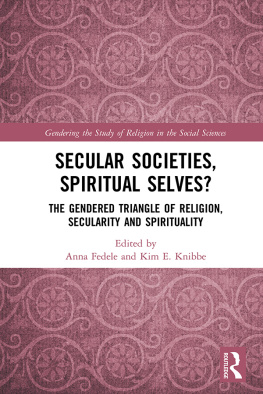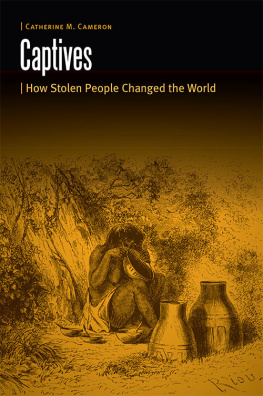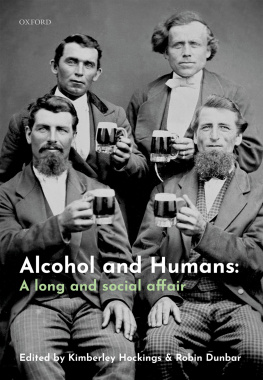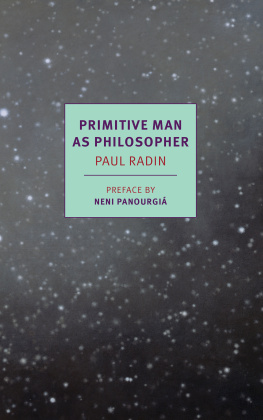LEGALISM
Legalism
Anthropology and History
Edited by
PAUL DRESCH AND HANNAH SKODA


Great Clarendon Street, Oxford, OX2 6DP
United Kingdom
Oxford University Press is a department of the University of Oxford.
It furthers the Universitys objective of excellence in research, scholarship,
and education by publishing worldwide. Oxford is a registered trade mark of
Oxford University Press in the UK and in certain other countries
The several contributors, 2012
The moral rights of the authors have been asserted
First Edition published 2012
Impression: 1
All rights reserved. No part of this publication may be reproduced, stored in
a retrieval system, or transmitted, in any form or by any means, without the
prior permission in writing of Oxford University Press, or as expressly permitted
by law, by licence or under terms agreed with the appropriate reprographics
rights organization. Enquiries concerning reproduction outside the scope of the
above should be sent to the Rights Department, Oxford University Press, at the
address above
You must not circulate this work in any other form
and you must impose this same condition on any acquirer
Crown copyright material is reproduced under Class Licence
Number C01P0000148 with the permission of OPSI
and the Queens Printer for Scotland
British Library Cataloguing in Publication Data
Data available
Library of Congress Cataloging in Publication Data
Library of Congress Control Number: 2012942998
ISBN 9780199664269
Printed in Great Britain by
CPI Group [UK] Ltd, Croydon, CR0 4YY
Links to third party websites are provided by Oxford in good faith and
for information only. Oxford disclaims any responsibility for the materials
contained in any third party website referenced in this work.
Preface and Acknowledgements
Very great thanks are owed to St Johns College, Oxford, whose Research Centre paid for the beginnings of this project and supported the series of weekly seminars in Oxford that grew from this in the course of two years. Fernanda Pirie of St Cross College then secured funds from the Foundation for Law, Justice, and Society to allow a two-day workshop at St Johns in June 2011, where drafts of the present chapters of this volume were discussed. The support of the Foundation was invaluable and is gratefully acknowledged. Mary Montgomery is thanked for her excellent help with the long editorial task of preparing a final draft.
The project began with cooperation among anthropologists and medievalists (Paul Dresch, Patrick Lantschner, Fernanda Pirie, Judith Scheele, Hannah Skoda, Malcolm Vale), assisted at that point by a lone classicist (Georgy Kantor). All of us are very grateful indeed to the historians, classicists, orientalists, and students of law who joined us later and who made the weekly legalism seminar such fun. We have elected to keep the focus of the volume, though not that of all the chapters, roughly where it was. The medieval European world (a game of two halves in any but recent literature) raises questions that highlight the concerns of our authors generally. As Paul Hyams once remarked, its unique cultural position, en route to the modern West but still very different from it, offers insights into the differences between Western values and those of present-day non-Western cultures that too often serve as the various Others of our world.
The editors would particularly like to thank Judith Scheele of All Souls, not only for the effort she gave to organizing the later seminars (without her, the series might well have collapsed), but for her generosity in providing so many ideas so freely and sharing the fruits of her wide reading. The intention is that two further volumes will follow: one on community and justice, and the other on categories and rules.
P.D. H.S.
March 2012
Contents
Paul Dresch
Hannah Skoda
Georgy Kantor
Donald R. Davis Jr.
T.B. Lambert
Paul Dresch
Paul Brand
Judith Scheele
Andrew Huxley
Malcolm Vale
Hannah Skoda
Paul Brand is a Senior Research Fellow of All Souls College, Oxford, and Professor of English Legal History. His publications include The Origins of the English Legal Profession (1992) and Kings, Barons and Justices: the Making and Enforcement of Legislation in Thirteenth-Century England (2003). He has edited four volumes of The Earliest English Law Reports and two volumes of The Parliament Rolls of Medieval England.
Donald R. Davis Jr. is Associate Professor in the Department of Languages and Cultures of Asia at the University of Wisconsin, Madison. He is author of The Boundaries of Hindu Law: Tradition, Custom and Politics in Medieval Kerala (2004) and of The Spirit of Hindu Law (2010). He co-edited (with Timothy Lubin and Jayanth Krishnan) Hinduism and Law: an Introduction (2010).
Paul Dresch is a Fellow of St Johns College, Oxford, and University Lecturer in Social Anthropology. His publications include Tribes, Government, and History in Yemen (1989), A Modern History of Yemen (2001) and The Rules of Barat (2006). He has co-edited volumes (with Wendy James) on fieldwork, (with Pierre Bonte and Edouard Conte) on Islamic politics and kinship, and (with James Piscatori) on the Arab Gulf.
Andrew Huxley is a barrister and is Professor of Southeast Asian Law at SOAS (School of Oriental and African Studies, London). He writes on Burmese legal history, on law and state in contemporary Southeast Asia, and on how the Buddhist legal tradition compares with others. He edited Thai Law: Buddhist Law: Essays on the Legal History of Thailand, Laos and Burma (1996) and Religion, Law and Tradition: Comparative Studies on Religious Law (2002).
Georgy Kantor is currently a British Academy post-doctoral fellow in Classics at New College, Oxford. He has published several articles, in Russian and in English, on law in the Roman East. He is an assistant editor of Supplementum epigraphicum graecum, and is finishing a monograph on Law in Roman Asia Minor (133 BC-AD 212).
T.B. Lambert is currently Departmental Lecturer in Early Medieval History at Balliol College, Oxford. He co-edited (with David Rollason), Peace and Protection in the Middle Ages (2009), and recently published Theft, Homicide and Crime in Late Anglo-Saxon Law in Past and Present (2012). He is completing a book on the emergence of crime in English law, c. AD 600 to c. 1170.
Judith Scheele is a Junior Research Fellow of All Souls College, Oxford. Her publications include Village Matters: Knowledge, Politics and Community in Kabylia (Algeria) (2009) and Smugglers and Saints of the Central Sahara (2012). She has worked in and published on both Algeria and Mali. She co-edited (with James McDougall) Saharan Frontiers: Space and Mobility in Northwest Africa (2012). At present she is working in northern Chad.
Hannah Skoda is Tutorial Fellow in History at St Johns College, Oxford and University Lecturer in History. She is author of a forthcoming volume entitled









